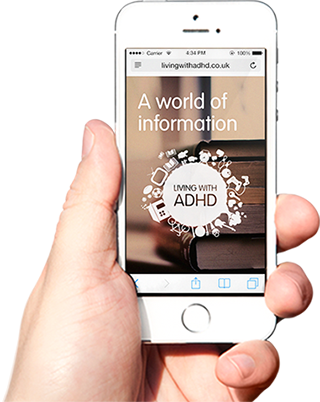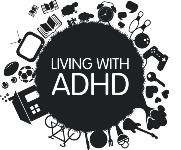Teachers - Talking to
Talking to...
Talking to the child’s parents
By keeping in touch with the parents of children with ADHD, you can compare notes on their behaviour and performance and keep a consistent approach to managing problems.
Discuss classroom methods and offer schoolwork advice
Let parents know the kinds of methods you use in the classroom that might also help them at home (incentives and rewards for good behaviour, sticking to routines, maintaining a calm atmosphere without distractions, and so on). You can also advise parents how they can help with homework or other school assignments, and can help their child to become more organised and less forgetful.
For example, parents can help their child by:
- Setting a homework routine and providing a quiet, calm environment with no distractions for the child to work in.
- Allowing the child to use a computer for tasks like researching or writing assignments, if this suits them better than looking things up in books or writing things by hand.
- Scheduling breaks and opportunities for physical exercise when doing homework, so the child can "let off steam".
- Helping the child pack their bag for school the evening before, so that they have everything they need and do not leave things behind.
Talking to the child's doctor
When you provide information to the child's doctor it can be useful to:
- Provide a list of symptoms the child has been having and for how long. A completed symptom log will give the doctor a fuller picture of the range of symptoms experienced over a period of time.
- Mention any associated problems that you are aware of such as specific learning difficulties (e.g. dyslexia) or problems such as depression.
- Tell the doctor about any problems the child has with medication whilst at school including side effects, problems remembering to take tablets, or resistance to taking their medication because of embarrassment.
You should always seek parental consent before speaking to a child's doctor.


Resources
Visit our resource centre for useful information and helpful activities for parents, teachers and teenagers living with ADHD.
